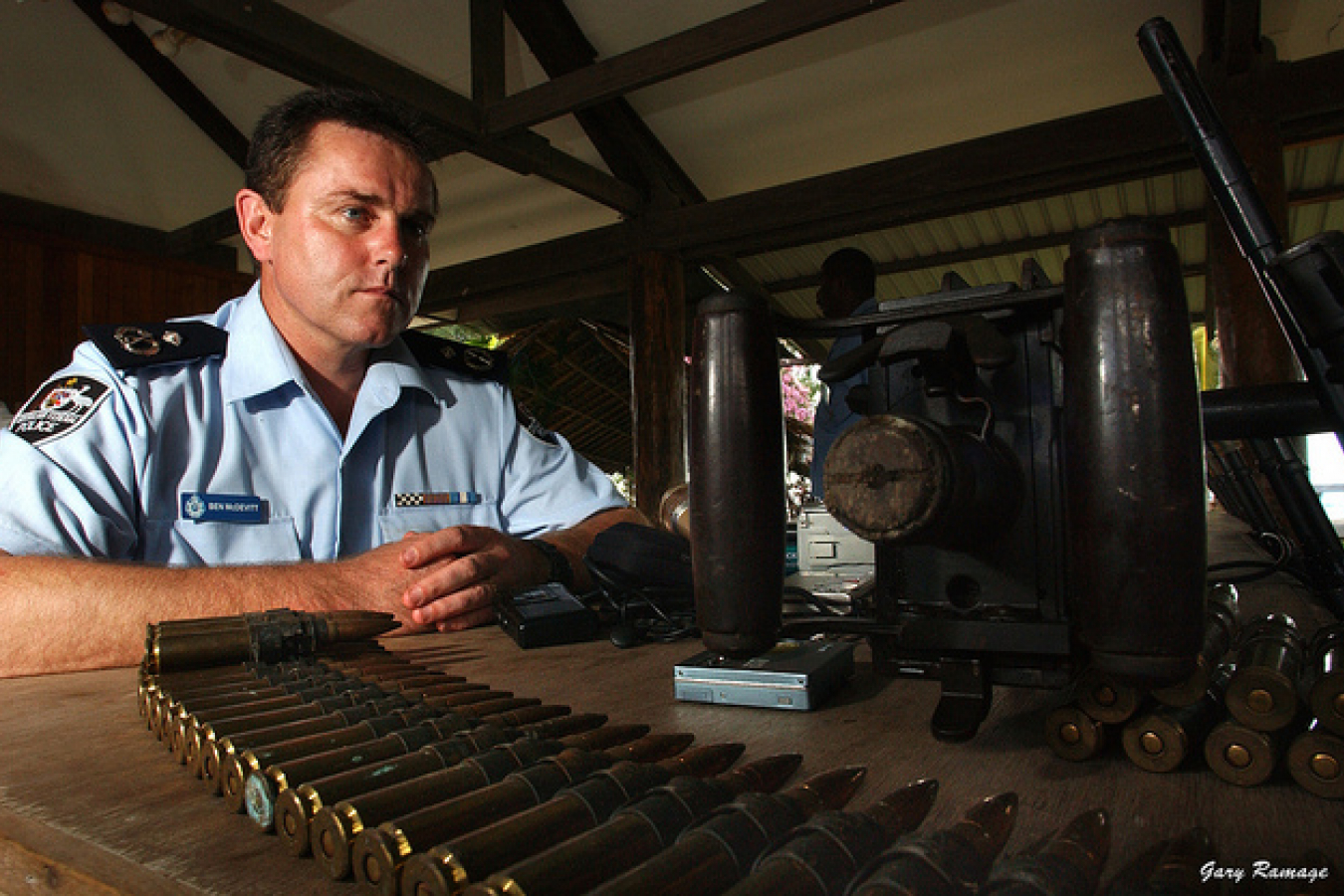 • Media Center » Video Immigration News
• Media Center » Video Immigration NewsAccording to a new report soon to be released and commissioned by the Ministry of Social Development and Work & Income New Zealand, almost half of the people working in Queenstown are from overseas. The government has ordered a review of a temporary visa scheme that the tourism industry feels is vital to their industry.
 More than 3,000 foreigners are currently working on employment visas in the city which are issued in less than 48 hours. The visas were designed to assist businesses in filling labor shortages during the busy season, but are being issued year-round now.
More than 3,000 foreigners are currently working on employment visas in the city which are issued in less than 48 hours. The visas were designed to assist businesses in filling labor shortages during the busy season, but are being issued year-round now.
Immigration Minister David Cunliffe has asked for the report, citing problems such as guest workers' expectations that the temporary visas could lead to permanent residence. Businesses are concerned that the labor tap will be cut off.
Destination Queenstown CEO David Kennedy said the resort city might as well shut its doors if the flow of foreign labor was stopped. He does not want to return to a time when visas took months to acquire. His organization deals with marketing Queenstown as an attractive tourist destination.
New Zealand Hotel Council CEO Mark Oldershaw warned that the review must proceed with caution as many hotels and associated industries were reliant on migrant workers.
"This is no longer a seasonal issue," Oldershaw said. "Queenstown has quite rightly positioned itself as a year-round visitor experience and as such it requires a full staffing capacity to match that experience. I am aware of a few smaller tourism ventures in the area that have been forced to substantially reduce their trading hours due to some severe labor shortages."
Oldershaw said the government must face reality about the tourism industry's situation.
"Ideally our member hotels would love to offer a complete New Zealand experience, including ensuring that all service staff are Kiwis. The reality however, is that this is no longer possible and policy makers need to be made aware of the chronic shortages of labour across many sectors that now exists," he said.




